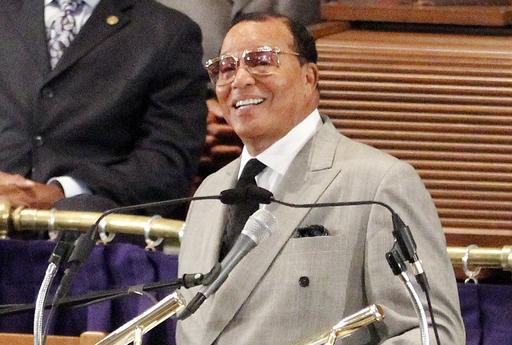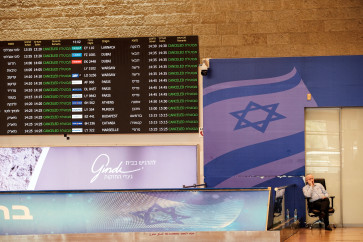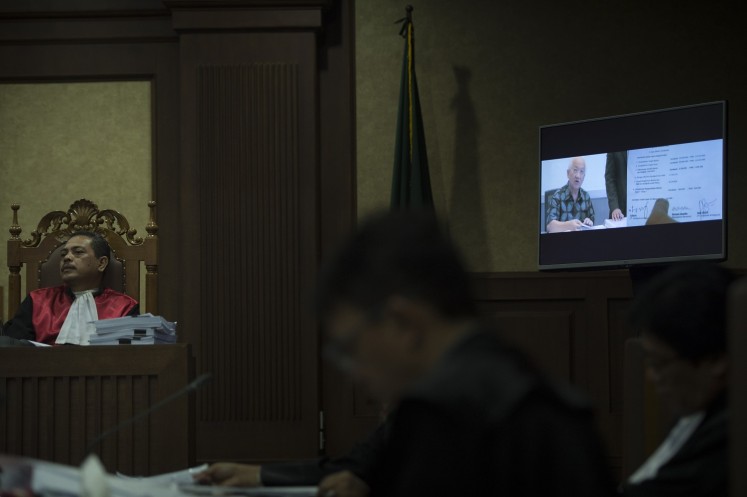Popular Reads
Top Results
Can't find what you're looking for?
View all search resultsPopular Reads
Top Results
Can't find what you're looking for?
View all search resultsFarrakhan details Muhammad Ali's ties to Nation of Islam
Change text size
Gift Premium Articles
to Anyone
 Nation of Islam leader Louis Farrakhan speaks at the Metropolitan AME Church in Washington, June 24, 2015. Farrakhan spoke of his own history with Muhammad Ali on Sunday, June 12, in Chicago. (AP/Glynn A. Hill )
Nation of Islam leader Louis Farrakhan speaks at the Metropolitan AME Church in Washington, June 24, 2015. Farrakhan spoke of his own history with Muhammad Ali on Sunday, June 12, in Chicago. (AP/Glynn A. Hill )
N
ation of Islam leader Louis Farrakhan spoke of his own history with Muhammad Ali on Sunday, recounting the boxer's courage both in the ring and out of it, but lamenting the late heavyweight champion's shift toward mainstream Islam.
In a speech that lasted more than two hours at the Chicago-based movement's headquarters, Farrakhan recounted Ali's boxing career and his refusal to be drafted into the US Army during the Vietnam war that resulted in Ali being stripped of his title and prevented him from fighting for more than three years.
He told a story of the night before one his two fights with Sonny Liston that Ali asked him to tell him the "history of black suffering" that he felt he needed to defeat Liston.
Ali was the most famous follower of the Elijah Muhammad, the late leader of the Nation of Islam. He made headlines around the world when he formally declared himself a Muslim in 1964, and that he was rejecting what he called his slave name, Cassius Clay, in favor of the name Muhammad Ali.
But Farrakhan said that Ali had gone against the advice of Elijah Muhammad, who had urged him not to resume his boxing career after the US Supreme Court overturned his conviction of draft evasion charges. Farrakhan said that Elijah Muhammad told the heavyweight fighter that after all he had done for his people, the stand against the war and the stands he took on behalf of blacks, that it was no longer necessary to continue to fight in the ring.
He also touched on Ali's move toward orthodox Sunni Islam after Elijah Muhammad's death in the 1970s, lamenting that Ali "forgot" Elijah Muhammad's pivotal role in his success.
"The Ali that stirred you was the Ali that Elijah made," he said. "The Ali that you fell in love with... that was the man that Elijah made."
Farrakhan attended Ali's memorial service last week in Louisville, Kentucky, saying that he felt "rejected" because the service made it seem that "Ali became great on his own" and not because of what Elijah Muhammad had done for him.









